Animals Languish in Prominent NYC Shelter That’s Keeping Out The Public Under False Pretenses
The News
On July 22, 2021, an anonymous whistleblower informed animal rights activists in New York City that dozens of cats and dogs had been languishing in cages for at least 15 months at the Humane Society of New York, an animal shelter and low-cost vet clinic in midtown Manhattan. The whistleblower alleged that shelter management closed the building to the public under false pretenses; has done virtually nothing to find homes for the animals; and has discouraged people from adopting in order to avoid the extra work associated with introducing people to the animals when the building is closed.
Upon hearing the allegations that HSNY is warehousing animals despite its mission to place them in homes, advocates with TheirTurn, which is based in NYC, decided to investigate.
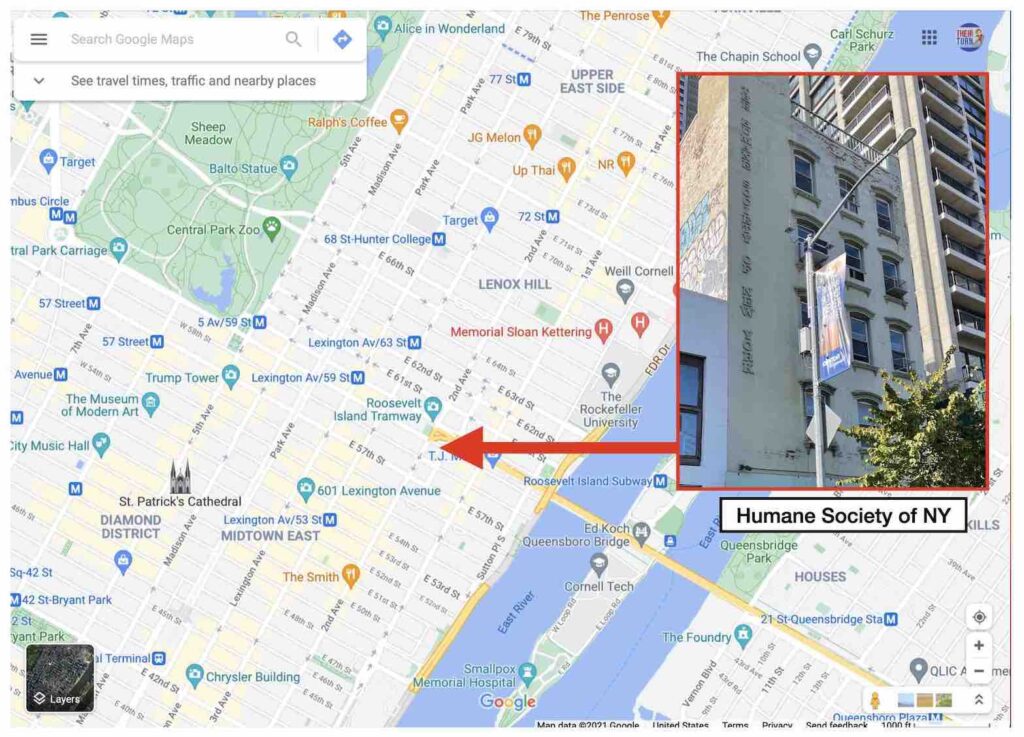
The Humane Society of New York is centrally located in a heavily populated, easily-accessible residential neighborhood in Manhattan, but the animals are languishing in cages because members of the public cannot enter the building to meet the animals.
FINDINGS:
HSNY IS MISLEADING THE PUBLIC ABOUT WHY THE BUILDING IS CLOSED
The HSNY closed its building to the public in April 2020. During a phone call on August 16th, 2021, Sandra DeFeo, the Executive Director, told Donny Moss of TheirTurn that, in order to protect her staff from COVID-19, she would not allow anyone in the building to meet the animals. She also stated that she has no plans to re-open.
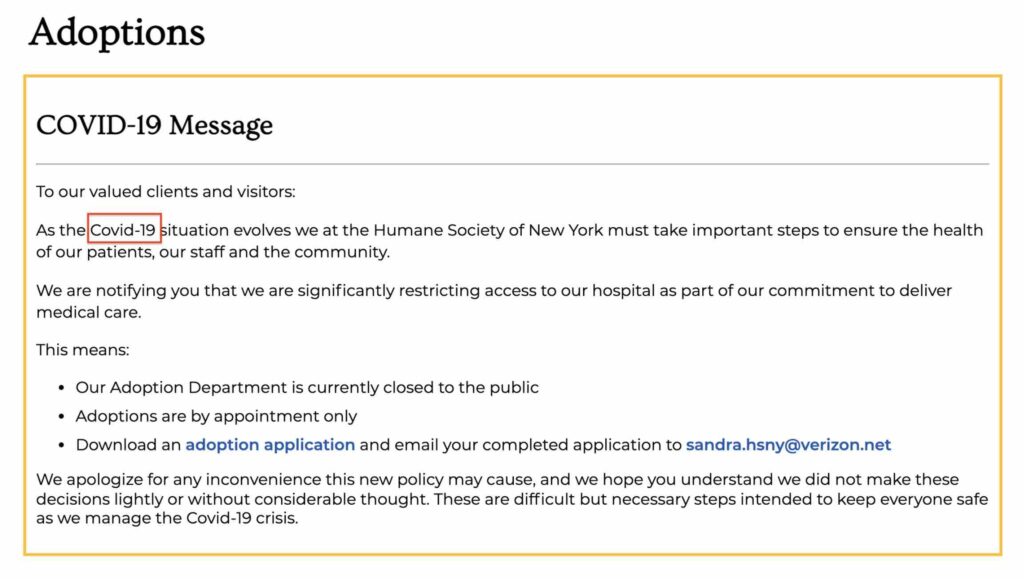
The Humane Society claims that the adoption center is closed to the public due to COVID when, in fact, it cannot re-open until it takes steps to make the building accessible to people with disabilities.
According to attorney Bonnie Klapper, who reviewed an ADA (Americans with Disabilities Act) lawsuit filed against HSNY, Ms. DeFeo cannot re-open the building to the public until HSNY begins renovations to make it accessible to people with disabilities.
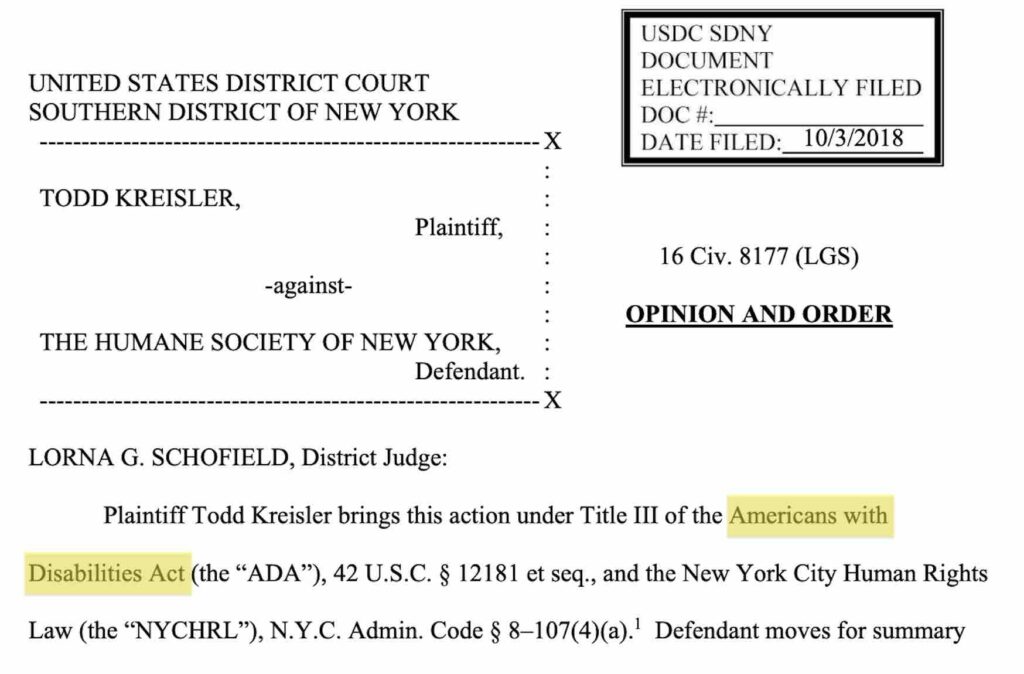
A wheelchair-bound client of the Humane Society of New York’s veterinary clinic sued the organization under the Americans with Disabilities Act.
If fear of COVID-19 was the real issue, then Ms. DeFeo could require adopters to show proof of vaccination and wear a mask. These are safety precautions being taken by dozens of other New York City shelters that are open to the public, including Bideawee, Animal Haven, Best Friends and Animal Care Centers of NYC (ACC).
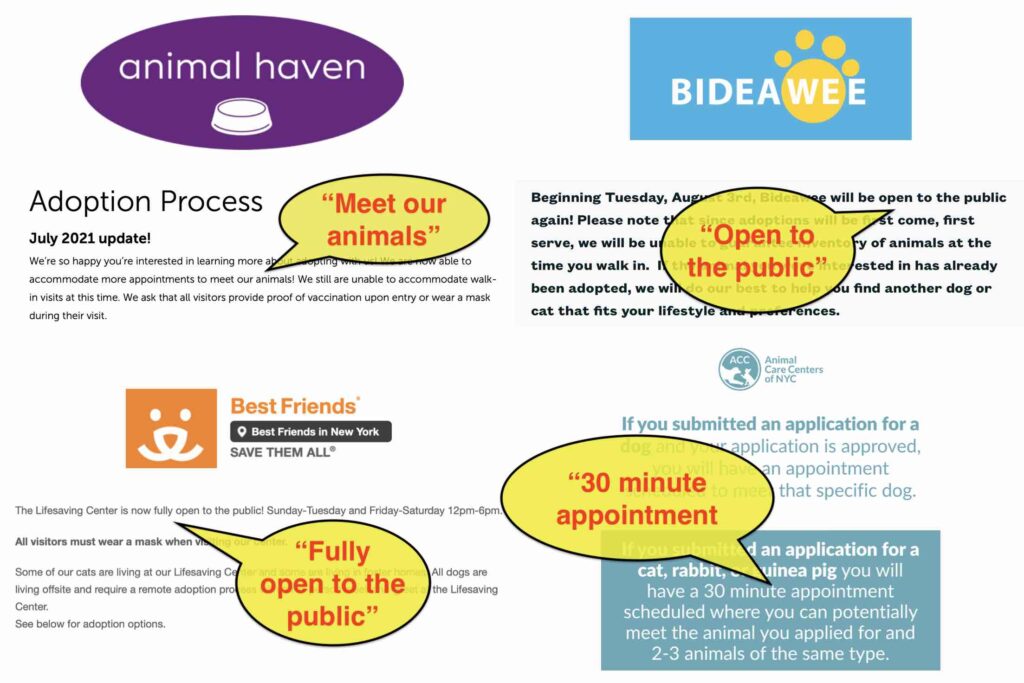
The Humane Society of New York is closed to the public and is warehousing animals instead of finding homes for them
HSNY IS DISCOURAGING CALLERS FROM ADOPTING
In August, TheirTurn asked several advocates, including people interested in adopting, to call HSNY to inquire about the process. In every case, Anne-Marie Karash, the Associate Director of HSNY, directed them to submit an application and wait for a response. When the callers asked specific questions about how they could meet the animals after submitting their application, Ms. Karash refused to provide any information and, in several instances, suggested they contact another shelter.
HSNY IS NOT RESPONDING TO ADOPTION APPLICATIONS
TheirTurn asked nine other people who have or had companion animals and were willing to adopt to fill out and submit adoption applications. HSNY did not respond to any of them.
Six of the nine people called HSNY one or more times to follow up on their applications. Two of them left voicemails but did not receive a return call. Four of them called back until they reached Ms. Karash, who either discouraged them from adopting or told them that the Executive Director of the shelter would follow up with them, which did not happen.
HSNY DOES VIRTUALLY NO ADOPTION PROMOTION ON SOCIAL MEDIA
Since closing its shelter to the public 18 months ago, HSNY has posted just 12 photos of adoptable animals (on Instagram only), and it did not respond to questions posted by people who expressed an interest.
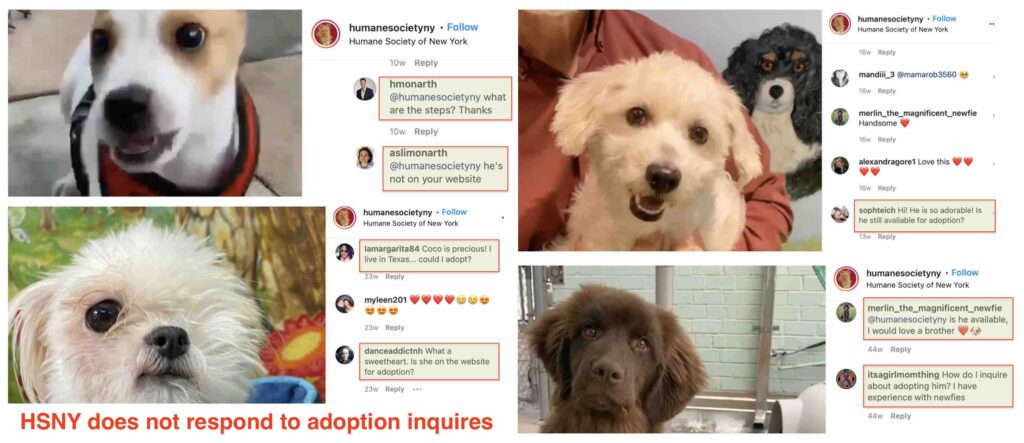
HSNY rarely promotes adoptions on social media. When they do, they do not respond to inquiries from people who are interested.
THE HSNY WEBSITE LISTS JUST 14 ANIMALS, A FRACTION OF THE TOTAL
According to the whistleblower, the list of animals on HSNY’s website is not only incomplete, but it is also several years old. If the 14 animals listed are still there, then they have been living in cages for far too long. If they are gone, then HSNY is wasting the time of people who are taking the time to apply for them.
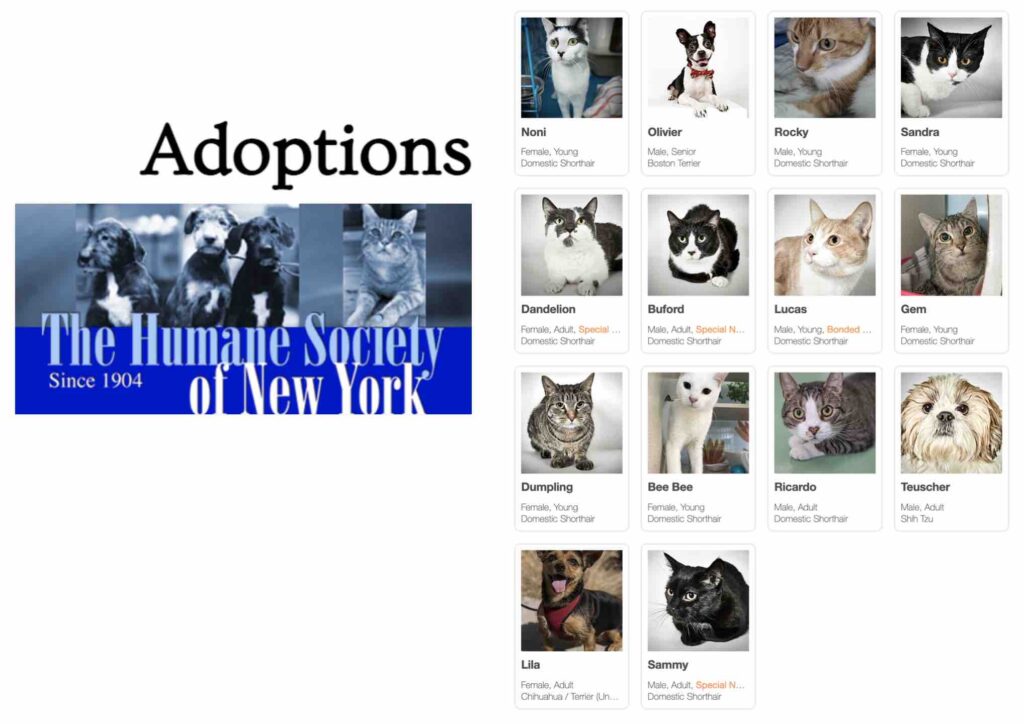
The Humane Society of NY lists 14 animals available for adoption despite having 85, according to the organization’s Executive Director
ADOPTERS HAVE NO WAY TO MEET THE CATS
HSNY is located on a busy street in midtown Manhattan. While HSNY staff could, if motivated to do so, bring dogs outside to meet prospective adopters, they cannot introduce people to cats in this setting. That might explain why HSNY has made just two social media posts about adoptable cats since closing the building to the public in April 2020.
HSNY HAS AT LEAST 85 ANIMALS
During the August 16th call with Donny Moss, Ms. DeFeo stated that HSNY has approximately 85 cats and dogs in the shelter. HSNY’s tax forms indicate a much higher number of animals in the shelter– approximately 200 in 2018 and 175 in 2019.
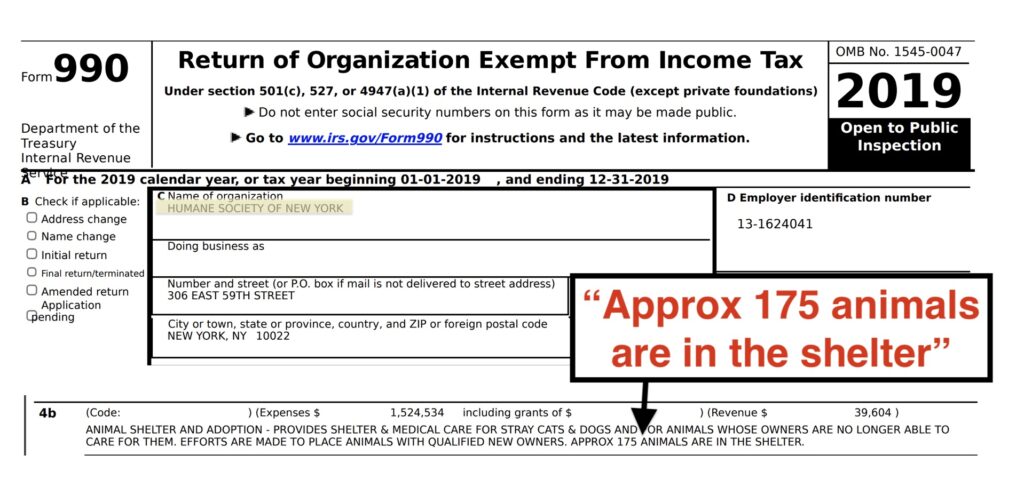
Tax filings indicate that the Humane Society of New York has approximately “175 animals in the shelter.”
In March, 2020, the adoptions manager of 22 years resigned. Ms. DeFeo has not replaced her, and she is now the point person for adoptions, despite the fact that she is the Executive Director of an organization with $6 – $7 million in annual revenues.
THE ANIMALS’ CAGES ARE “APARTMENTS”
When asked by Donny Moss why she doesn’t send the animals to foster homes or active adoption centers until she re-opens the building to the public, Ms. DeFeo stated that HSNY is their foster home. She also described their cages and kennels as “apartments.”
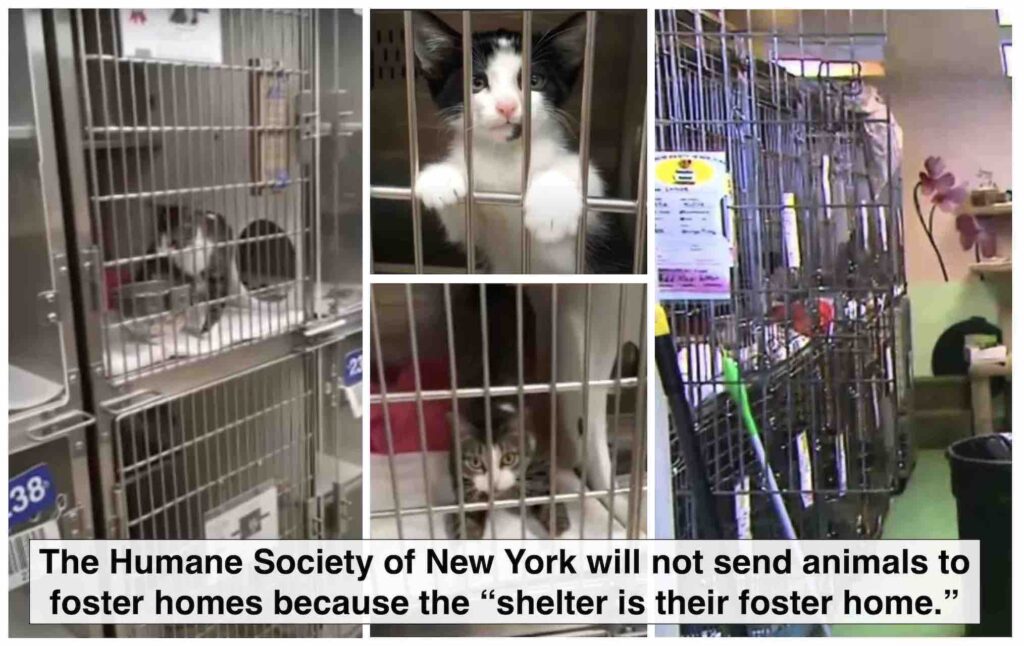
The Executive Director of the Humane Society of New York, a shelter that is not allowing members of the public to meet the animals, describes the cages as “apartments.”
CONCLUSION
Given that the cages at the HSNY are filled with animals who need homes, we don’t know why the organization is neither responding to adoption applications nor promoting the adoptable animals online. Ms. DeFeo either doesn’t want to dedicate the extra time needed to adopt while she keeps the building closed to the public, or she truly believes that the animals are “home” at HSNY. One thing we do know (and any well-intended, experienced animal welfare professional would agree) is that animals are better off in real homes with families than in shelters. In a loving home, animals can move about freely, interact with their human families, play, climb, explore, patrol, stalk and engage in other behaviors that come naturally to them. In shelters, which are stressful for animals, the dogs and cats spend the vast majority of their time in cages and kennels, where they pace, over-groom and show other signs of distress.
If Ms. DeFeo is unwilling to begin making renovations that would allow her to re-open the building to the public, then she should send the animals to foster homes and/or adoption centers where they would have a chance of finding permanent home. The animals who have been living in HSNY cages for months or years have waited long enough.
Note: In August and September, Donny Moss and several other advocates sent letters to HSNY board member Cornelia Guest to address the issues raised in this article. She did not respond.
OTHER FINDINGS
HSNY SHOULD BE A HIGH VOLUME ADOPTION SHELTER
Unlike NYC’s municipal shelters, HSNY is located in an easily-accessible, heavily-trafficked residential neighborhood in midtown Manhattan. Given its prime location and the large number of homeless animals it has at any given time, HSNY should be a high-volume shelter that sends dogs and cats to foster homes and/or permanent homes every day. If Ms. DeFeo was motivated to find homes for the animals, then she could be emptying several cages every day, as other shelters do, even before she re-opens the building.
FULL CAGES AT “NO KILL” HSNY = MORE KILLING AT OPEN-ADMISSION SHELTERS
If HSNY doesn’t move its adoptable animals into permanent homes, then it can’t free up space to accept newly surrendered animals. As a result, those animals are often taken to open-admission shelters that kill adoptable animals due to over-crowding.
HSNY IS PASSING OFF BREEDER DOGS AS RESCUES
According to the whistleblower, a backyard breeder in Brooklyn has, over the course of many years, given HSNY hundreds of designer dogs in exchange for free vet care for her own animals. Ms. DeFeo passes these dogs off as rescues, often giving them to friends of HSNY and to celebrities. In 2021, for example, Ms. DeFeo gave Shih Tzus to Kelly Ripa and her producer Michael Gelman. For every breeder dog who HSNY takes in, a dog in a high kill shelter in need of rescue pays the ultimate price.
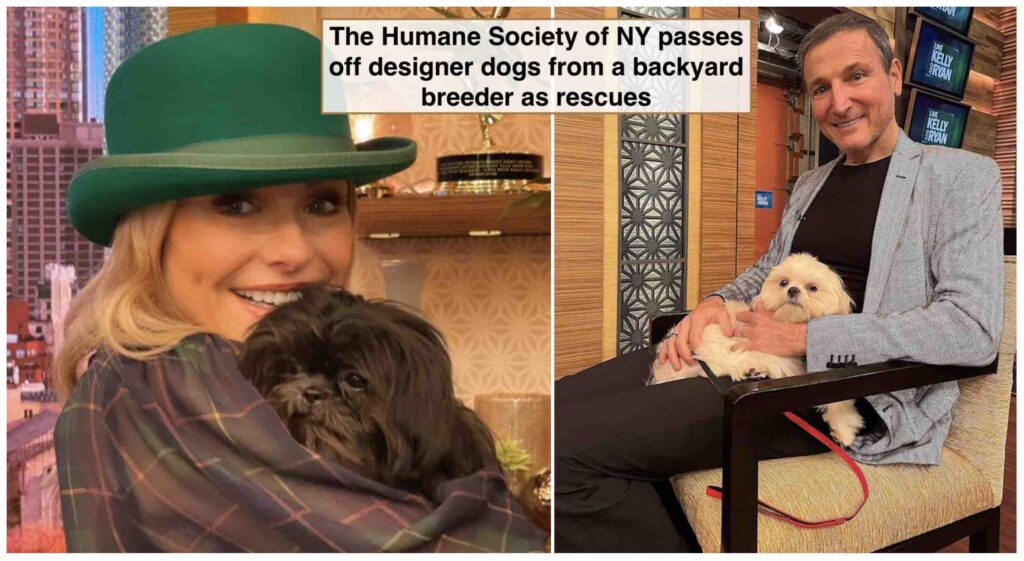
The Humane Society of New York is passing off designer dogs from a backyard breeder in Brooklyn as rescues. Among those who have received these dogs are TV host Kelly Ripa and and her producer Michael Gelman.
THE LOW-COST VET CLINIC IN THE SAME BUILDING PROVIDES VITAL SERVICES
Each year, HSNY provides thousands of New Yorkers with high quality, low cost vet care in a clinic housed in the same building as the shelter. This clinic is a lifeline for people who cannot afford to pay standard prices for veterinary care. Ms. DeFeo should make the necessary ADA renovations so that members of the public can not only meet the animals in the shelter who need homes, but also accompany their animals into the clinic, especially for euthanasia appointments.
Filed under: Companion Animals
Tagged with: cats, dogs, rescue, shelter



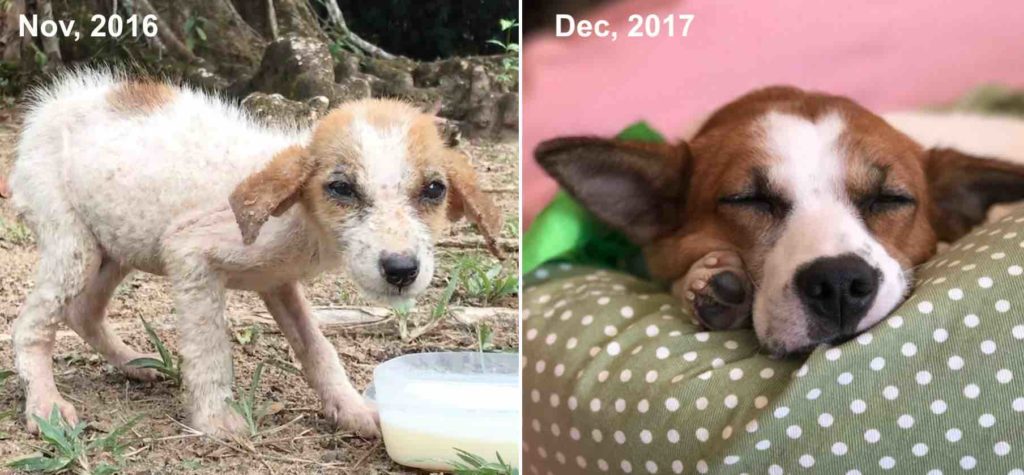
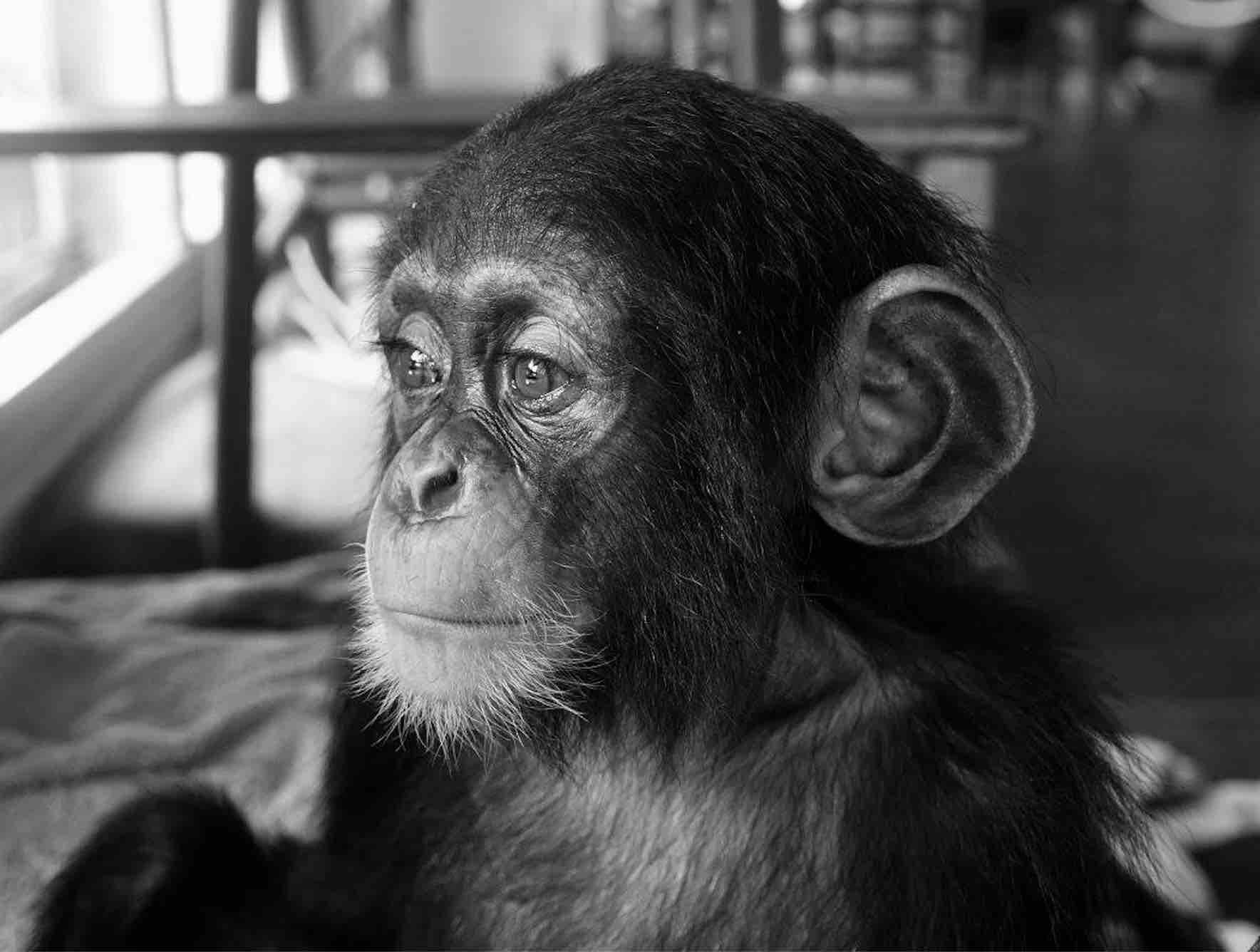
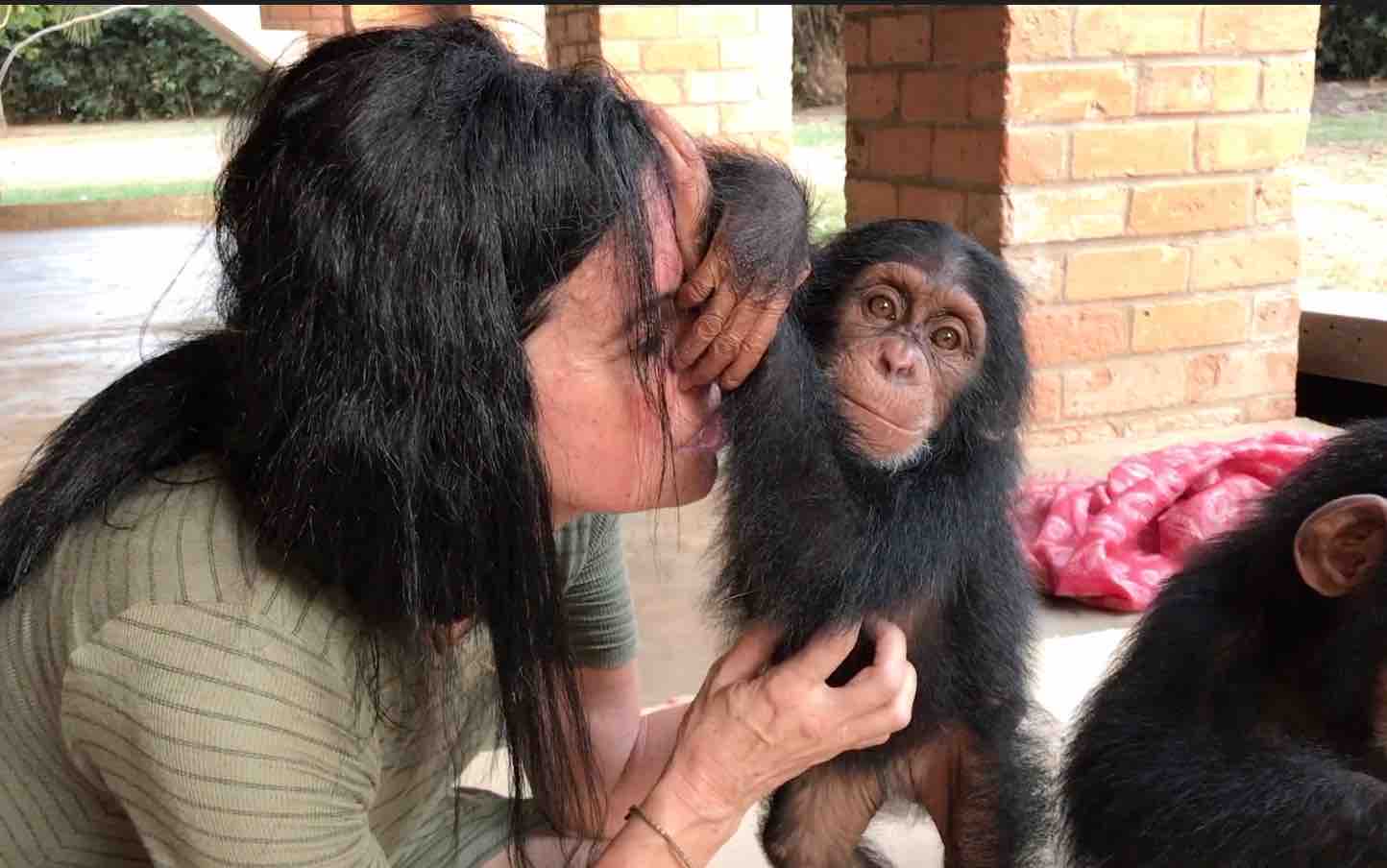
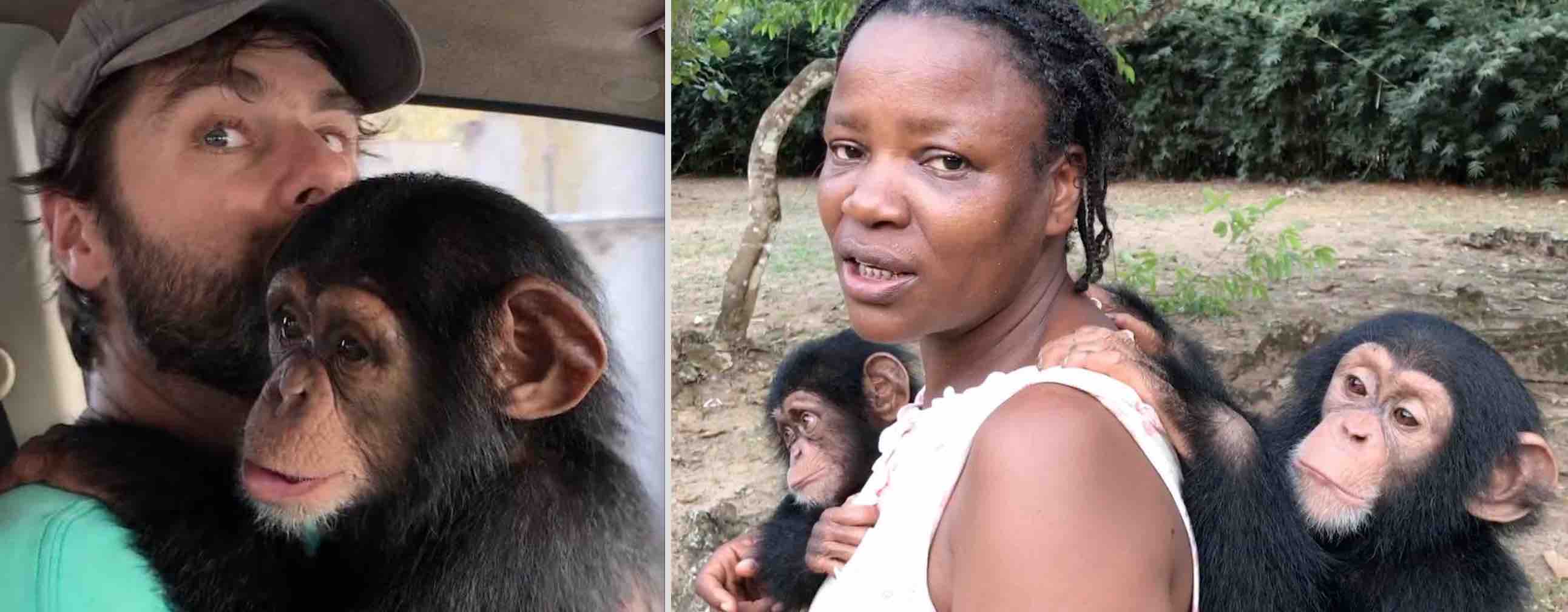
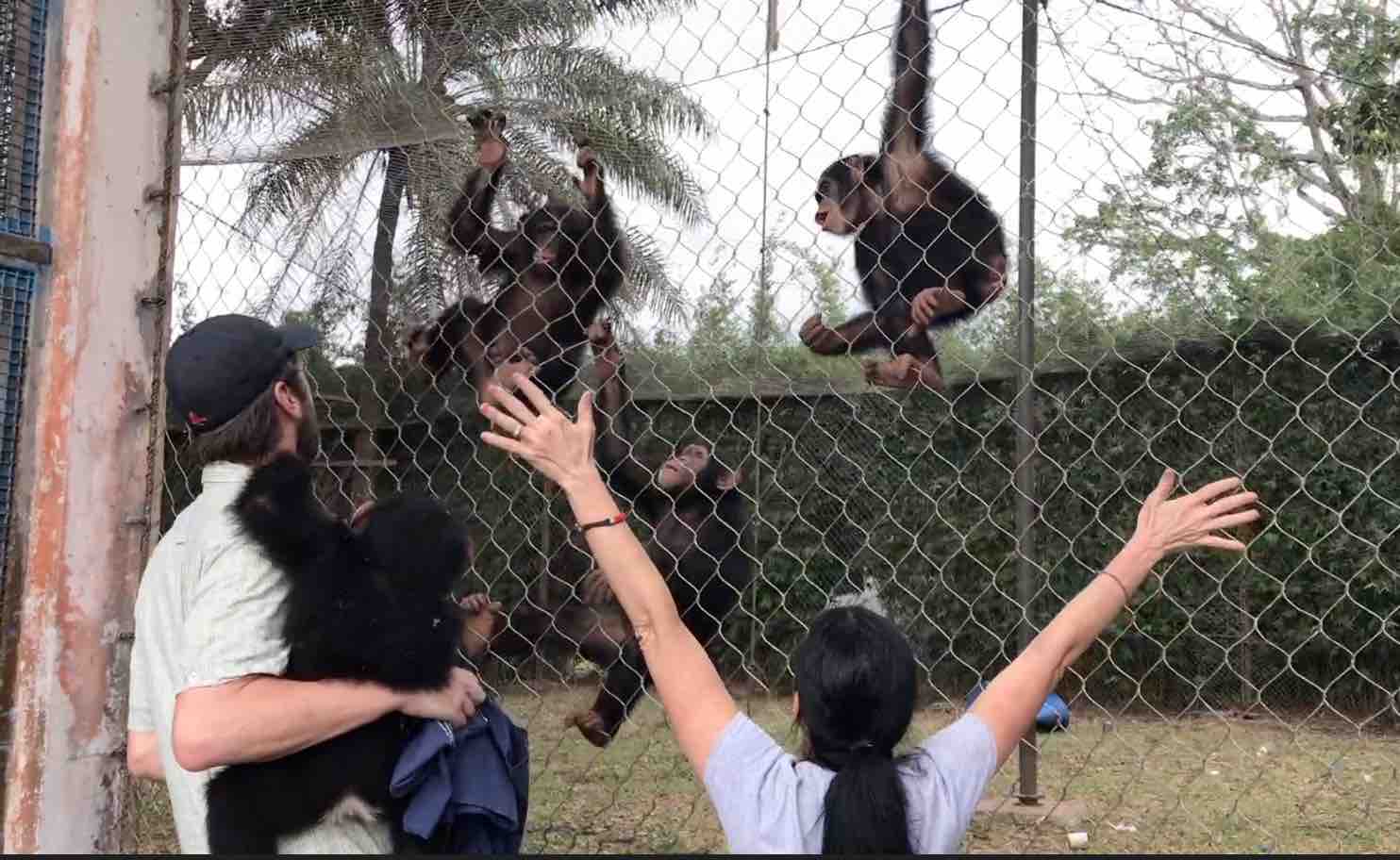
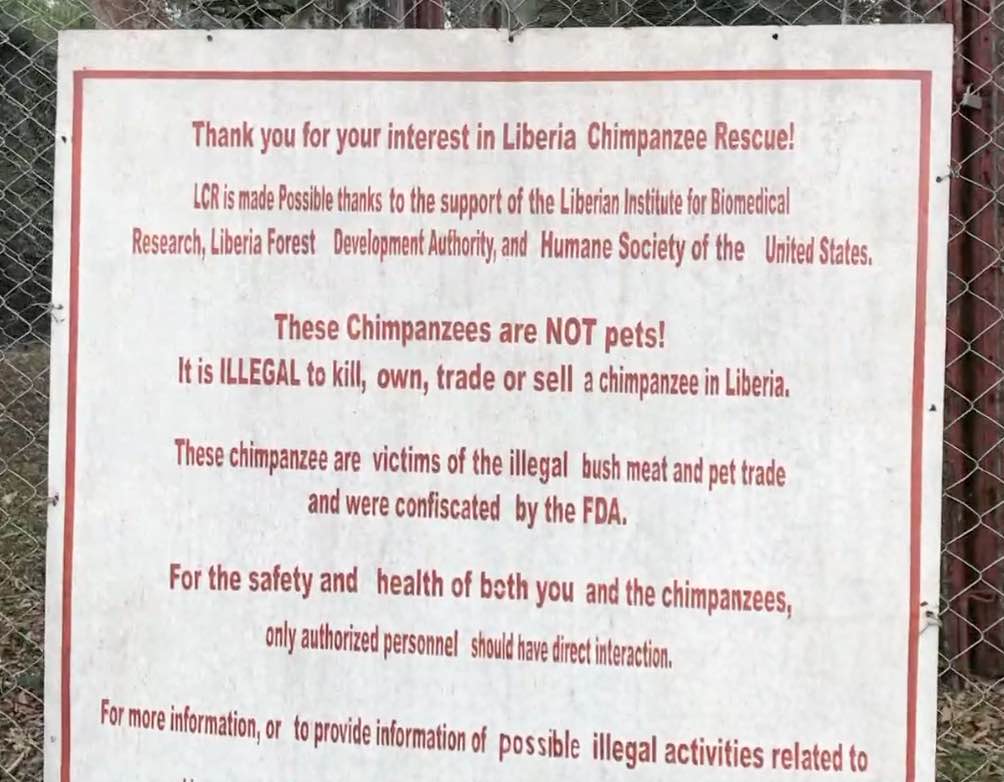
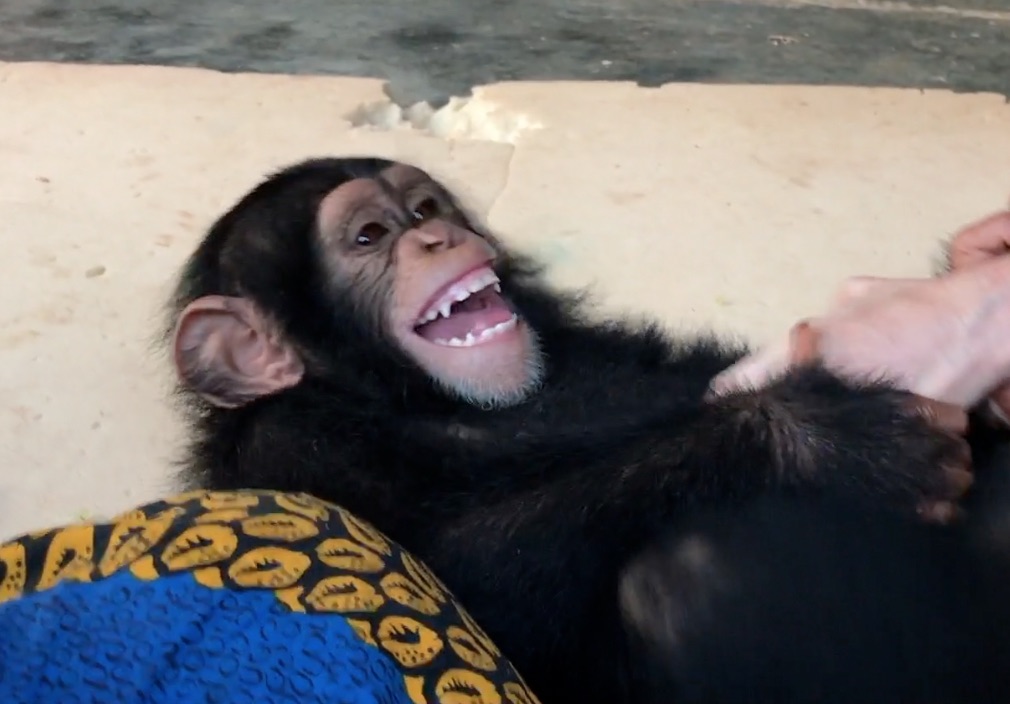
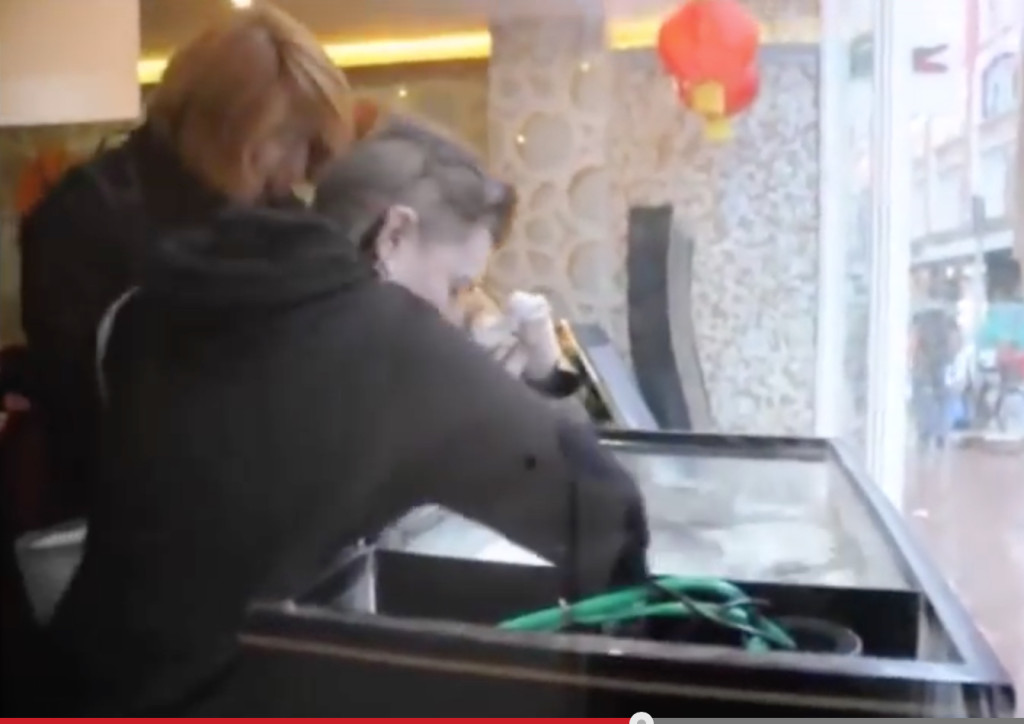
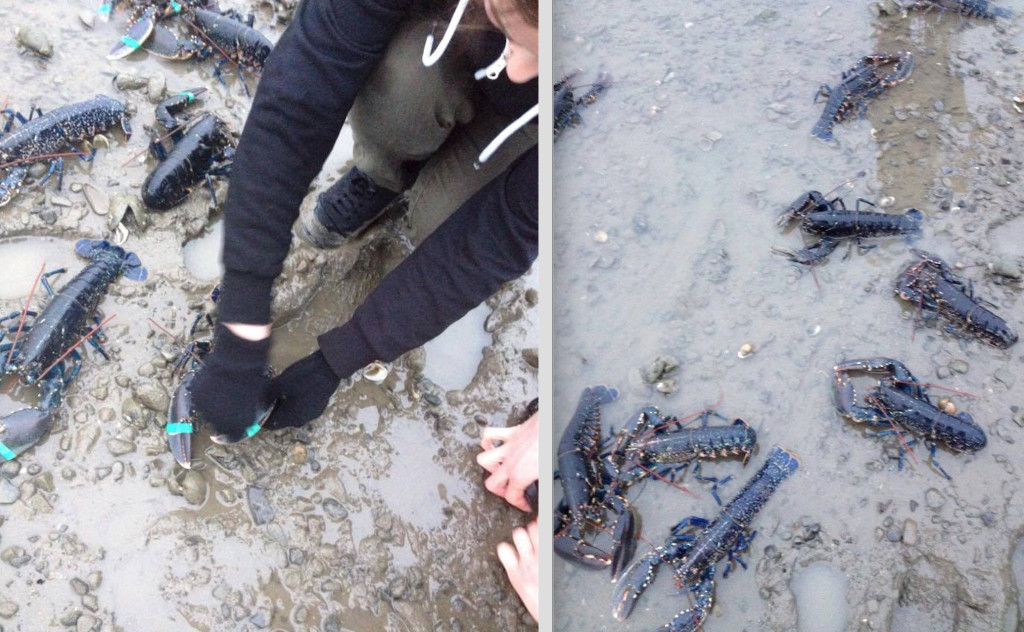
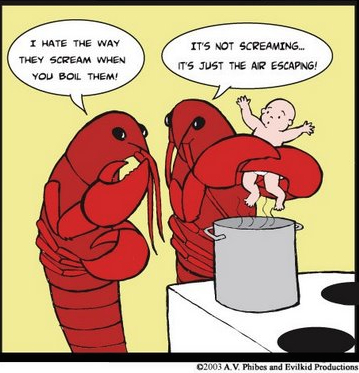
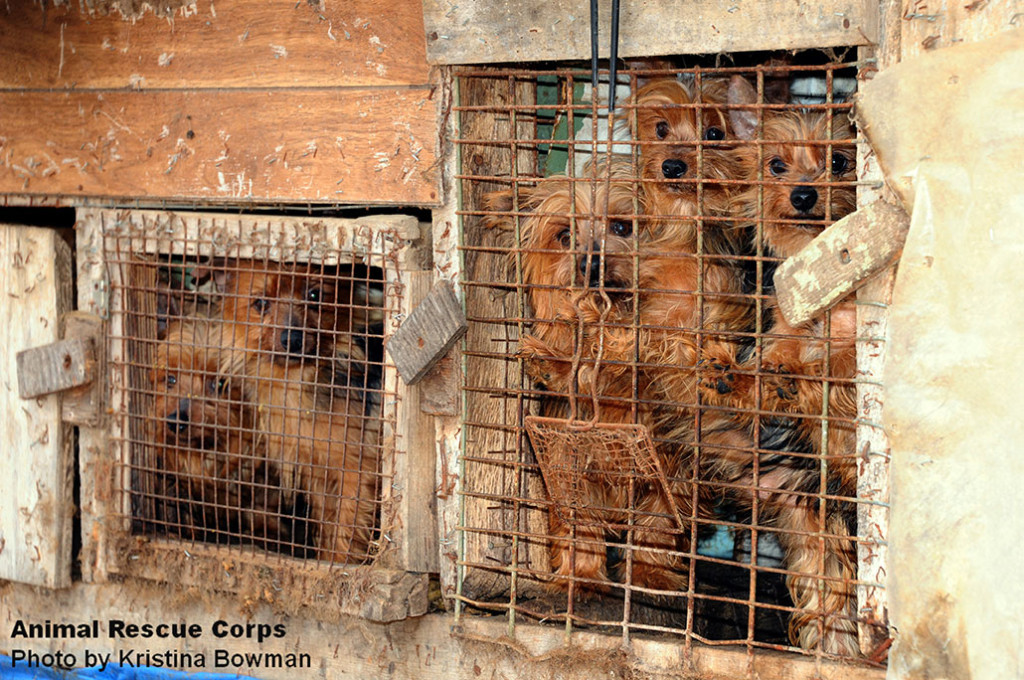
Follow Their Turn